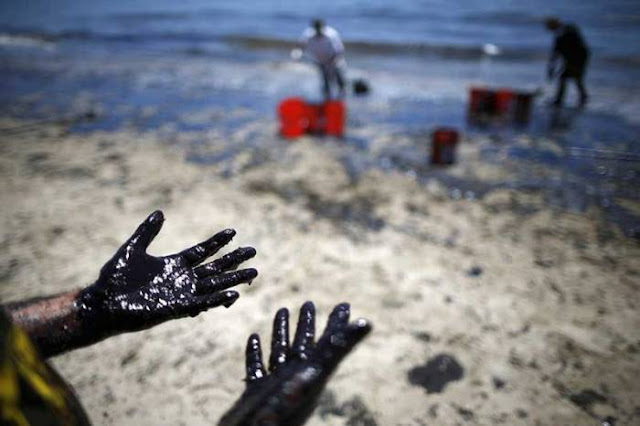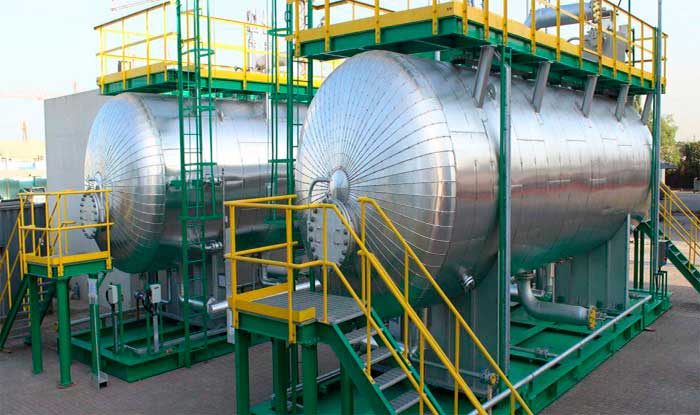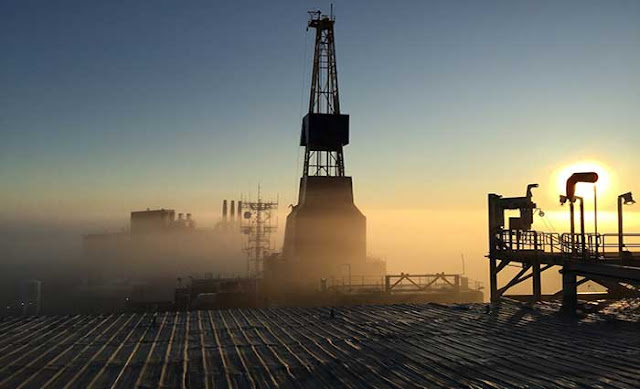Impact and Prevention of Oil Spills
From the use of fungus to decompose
the contaminants from hydrocarbons to machines to process hydrocarbons,
scientific advances aim to find better methods to collect oil spilled.
Unfortunately, in
multiple occasions, oil spills happen due to accidents or inadequate practices;
extremely dangerous when it happens in the sea, giving origin to the term
‘black tide’. The damage to the marine and land ecosystem once the oil reaches
the shores deeply affects marine fauna and fishing. And its damaging effects
can last over time.
 |
| The black tide affects land and marine ecosystem |
The impact of oil spills includes human beings because they can be in contact or consume toxic substance, just like the animals. It impacts as well the derive costs of the decrease of fishing, tourism, and the costs of collecting the oil spilled; rightfully named ‘natural disaster.’
Before the
catastrophic event that is an oil spill, prevention is a factor that gains
importance in all stages of hydrocarbon production with each passing day. In
first place, early detection mechanisms allow automatic diagnosis and immediate
actions, like the Heads system (hydrocarbon early automatic detection system)
developed by Repsol and Indra; it is capable of giving an answer in less than
two minutes.
 |
Preventing is the best way to avoid damages by oil spills
|
Moreover, other actions that can be
taken are: swiftly managing spills means fewer consequences from this natural
disaster. And using effective techniques to collect wastes before they settle
on the sea bed or they expand the black tide.


